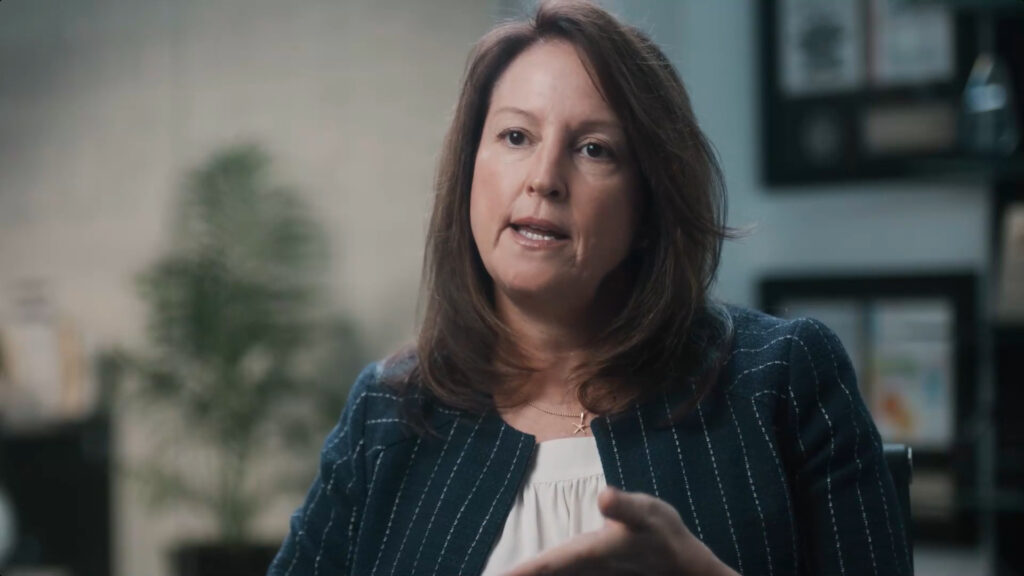Combined Expertise
Drawing on our healthcare expertise, we understand the industry’s complexities, offering unparalleled advantages. With the recent vcpi acquisition, a team with over 22 years of senior living experience joins us. This positions us to serve clients with high-quality service in both healthcare and senior living.


